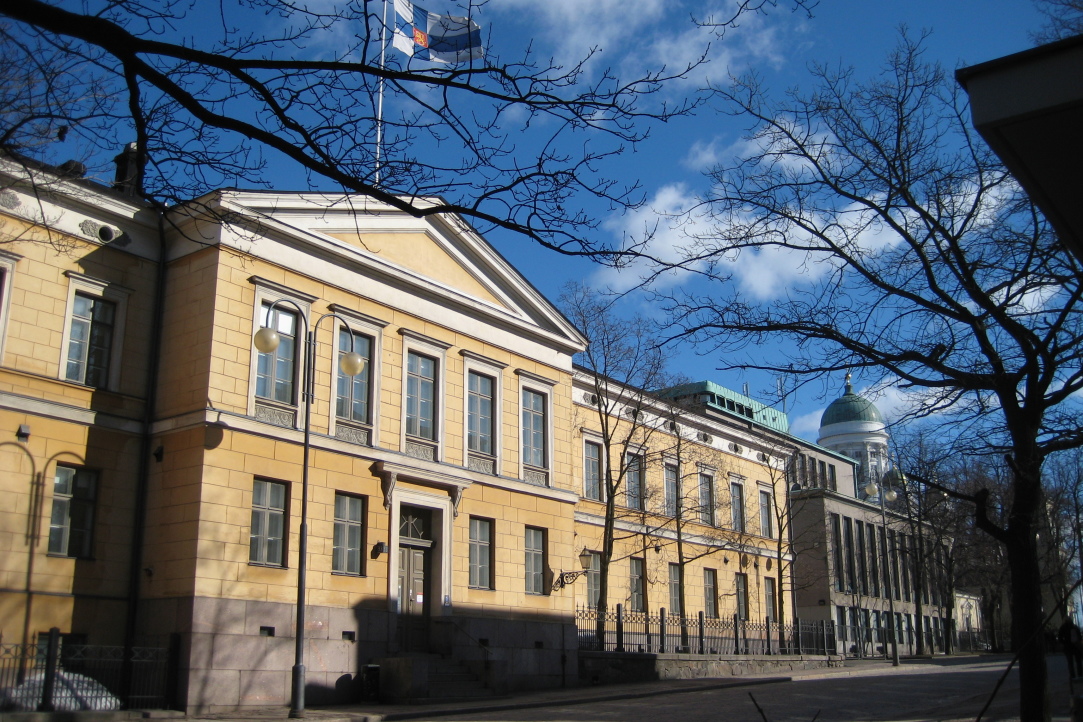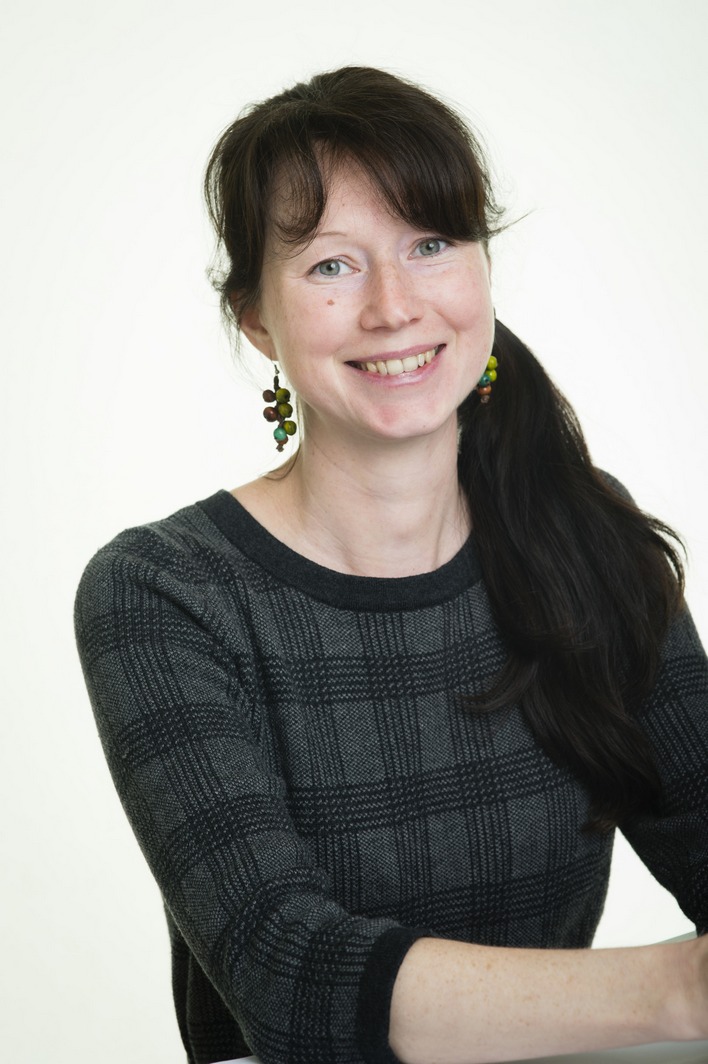Brand-new joint online course on social policies in post-Soviet Eurasia for students from HSE and Helsinki University launches next academic year

Dr Tarasenko, could you please tell us about the origins of this course? Where does its idea come from?
The idea of the joint course with the University of Helsinki came as a fortunate coincidence of two important earlier developments. First, the collaboration between HSE University in St. Petersburg and the University of Helsinki has already proved to be a successful experience because students at both universities benefited from doing exchange internships and getting involved in joint educational projects. Second, using abrupt and forced digitalization as an opportunity, the degree office of the HSE University in St. Petersburg initiated a competition to support launch of joint courses with partner universities abroad. The MA Programme "Comparative Politics of Eurasia" has suggested me to think of such a course that would fit the programme needs. Relying on successful experience of cooperation with the MA Programme in Russian studies at Helsinki University and established networks, together with my colleague Dr Olga Zeveleva from the University of Helsinki, I submitted the application for launching a course “Social Policy in Post-Soviet Countries: Societal Challenges and Political Implications” and it was luckily supported. This opportunity opened up, indeed, at a very right moment when the new online format and deeper cooperation become key for development of educational programmes
Could you please tell more about the content of the course?
This course will be devoted to societal challenges, their political and policy implications in Russia and other in countries with similar historical legacy. It will offer practical-oriented perspectives on such issues as ageing of the population and pension reforms, outsourcing of social services and deinstitutionalization of care which nowadays are highly debated topics globally. Taking a policy analysis approach, students will be involved in grounded discussions of policy responses from societal and political perspectives. This makes the course complementary to other disciplines that are already part of the curriculum for students of the MA Programme “Comparative Politics of Eurasia” such as Policy Analysis, Russian Politics, Politics and Society in Central Asian countries, Politics and Society in the South Caucasus. It will also be integrated in the curriculum of the MA Programme "Comparative Russian and Eurasian Politics" – a double degree programme jointly offered by the HSE University in St Petersburg and the University College London.
What are the course unique features and their implications for students?
Three major perspectives differ this course from similar disciplines. First, this course provides highly demanded empirical knowledge and empirically-oriented skills for students. Usually, students who already possess academic background search for grounded knowledge and expertise. Therefore, we intend to include as many real-life cases as possible. Second, this joint online course aims to create a mutually beneficial learning environment for students with various educational backgrounds. This is a very fruitful opportunity for real-time cooperation among students from various universities. The international learning environment will contribute to the development of soft skills, which nowadays is crucial for university graduates. And third, this course will become a new tool for deepening the cooperation among two our universities, it will allow us to exchange experience and promote new teaching approaches and techniques.

What will students learn from this course?
I believe that students will acquire skills in studying and analysing any given social policy from a practice-oriented perspective. They will learn how to disclose and reconstruct policy initiatives and how to understand their mechanisms and consequences, including unexpected – often unintended - outcomes. They will also develop skills needed for collection and analysis of both qualitative and quantitative data, which is crucial to understand what is going on as the result of any implemented policy. Importantly, students will complete their own policy papers on a selected topic which will help them to develop their own expertise in a policy area of their interest.
Could you tell us about course structure and organization?
The ambition is to deliver the course simultaneously for both universities so that students would be able to participate in seminars and lectures together. We believe that the major advantage of a joint online course is to ensure as much space and channels for interaction among students from our two universities as possible. The course will include several recorded lectures, and students will have access to them whenever they need them. But since it is a practice-oriented course, students will mainly participate in seminars and discussions, in practical workshops and group collaborations in order to advance core skills in social policy analysis.
What are the major advantages of the course?
Mutual learning for students with various backgrounds from different universities is something very much valuable in the contemporary globalized world. Additionally, cooperation among professors will also be very beneficial thanks to exchange of experience and best academic practices. I hope that this kind of courses will develop further and from this rather unique experience will grow into a common practice. There is currently a vibrant discussion among teachers and students alike about opportunities and limitations of digital learning. It definitely has its drawbacks but also, it’s getting trendy. I believe that we, teachers, need to respond to this challenge and learn how to work effectively with digital formats involving participants from a range of partner institutions.
What are your expectations and hopes related to this course?
As any teacher, I hope that highly motivated students interested in practically-oriented skills and social policy studies will join this course. This is a crucial component of successful cooperation, interesting discussions and fruitful outcomes of educational process. My experience says that being open to new perspectives and approaches - whether it is an experimental format of the course or a different approach to social policy analysis - is a key to the success of any educational process.
Anna Tarasenko